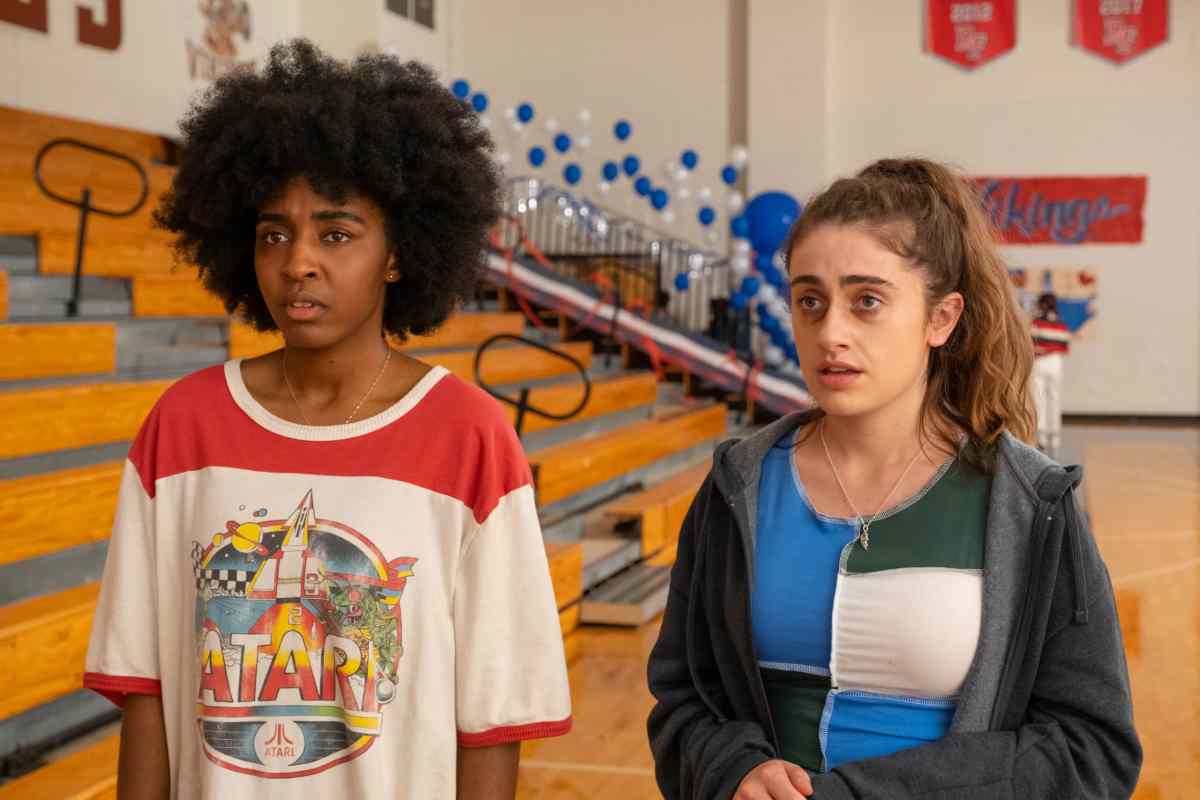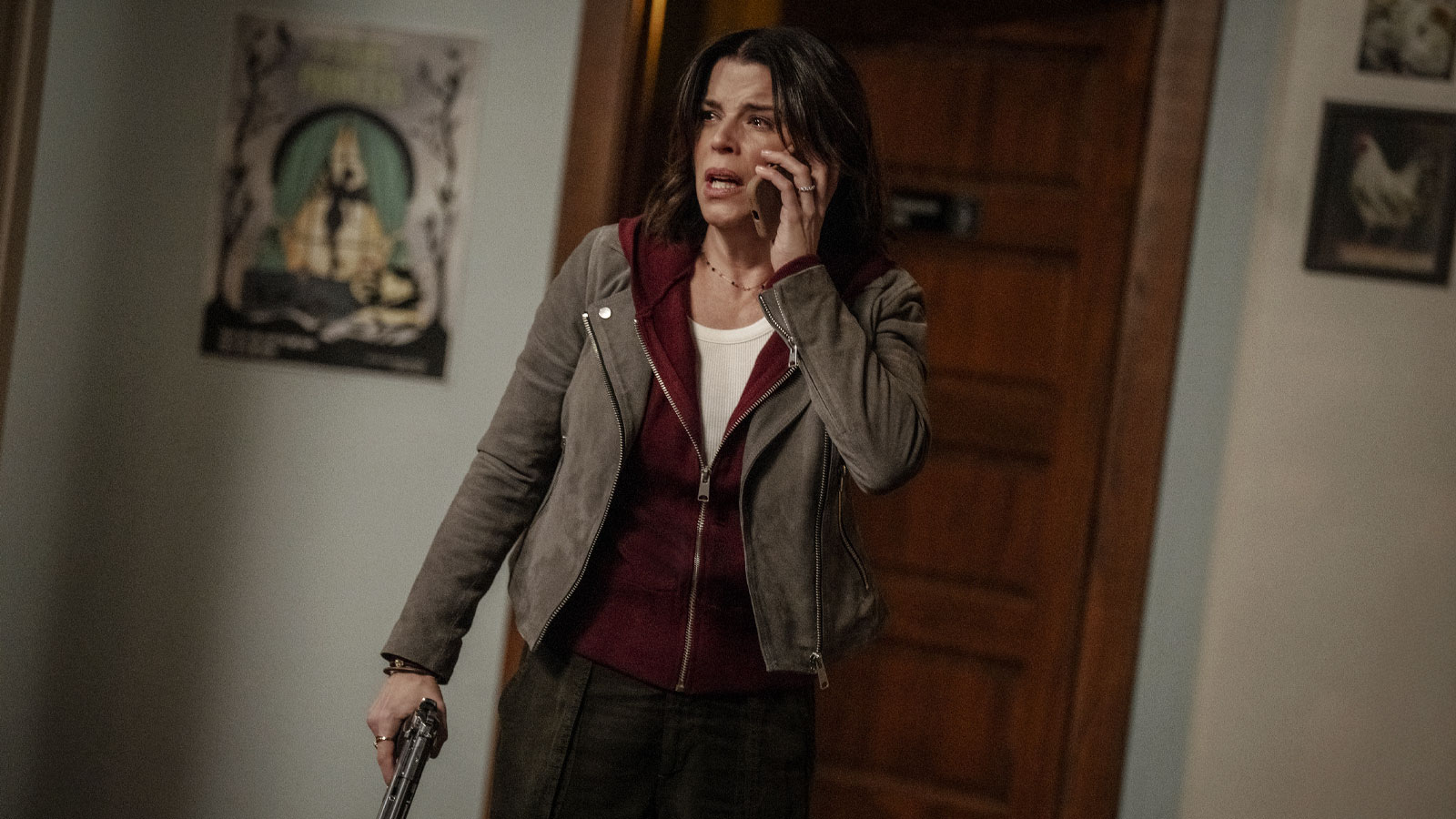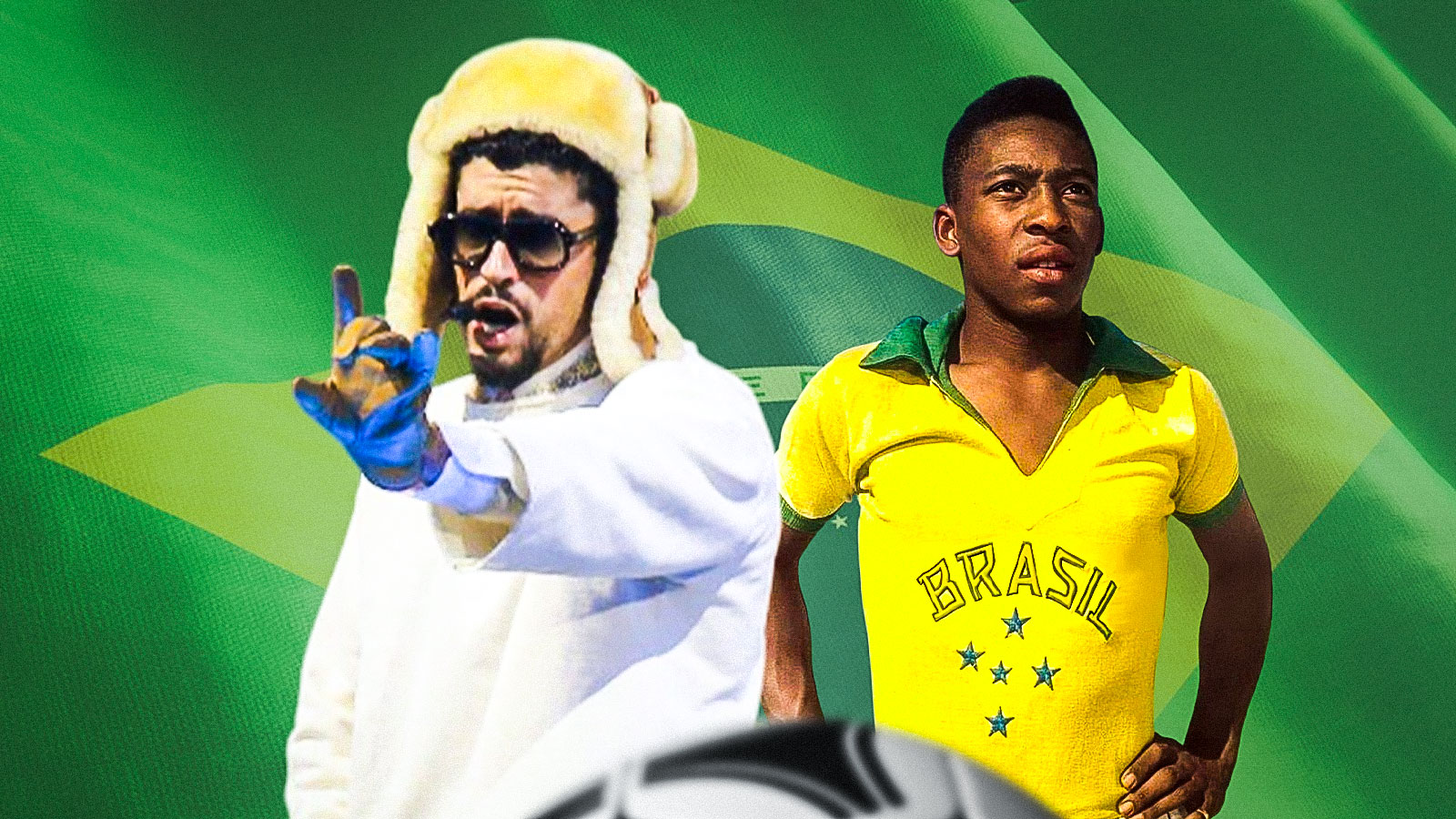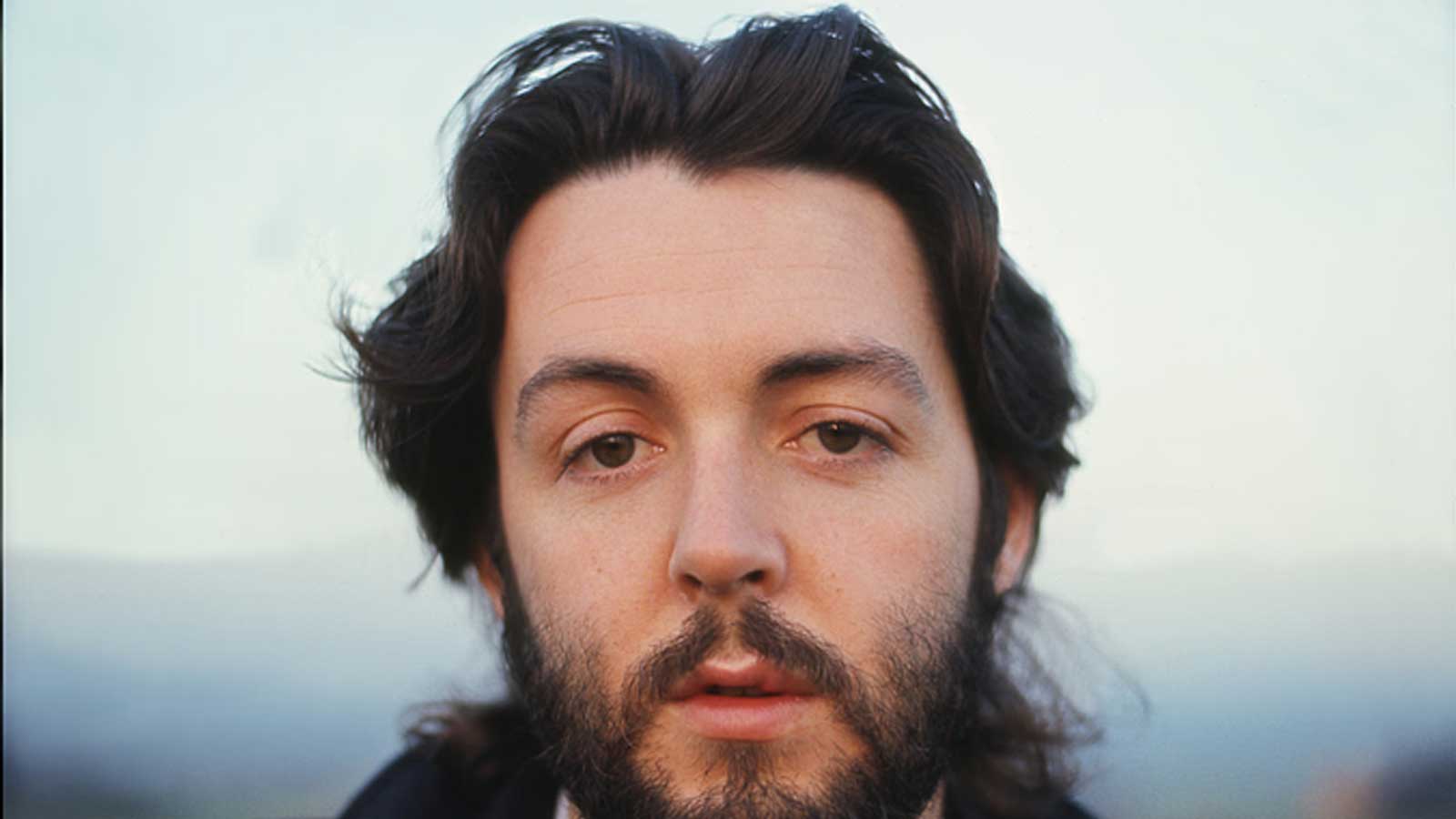Working in stunts is hard. Especially when your characters aren't meant to look coordinated like the ones in Bottoms.
Deven MacNair has worked in stunts for over two decades and has worked in the stunt department of a number of tentpole films, including Green Lantern, Dawn of the Planet of the Apes, and more recently, Where the Crawdads Sing.
But the stunts in those films vary drastically from what you see in Bottoms — Shiva Baby director Emma Seligman's sophomore directorial effort. It follows two high school seniors — PJ (Shiva Baby star Rachel Sennott) and Josie (Ayo Edebiri) — who form their own fight club to hook up with girls.
The fight club, framed as a “self-defense” class, does attract the attention of their target demographic. However, the two girls don't know how to fight — despite how many times they insist Josie went to juvie. The first few punches thrown will reinforce that, and it was up to MacNair to figure out how to coordinate scenes that looked realistic for the circumstances.
Bottoms' end result is great — and MacNair deserves her flowers for her work. There are some extremely difficult scenes that she had to navigate. Speaking to ClutchPoints, MacNair opened up about her professional background, the shocking jock fight, and ensuring that her main cast didn't take any real punches.
Bottoms stunt coordinator Deven MacNair interview
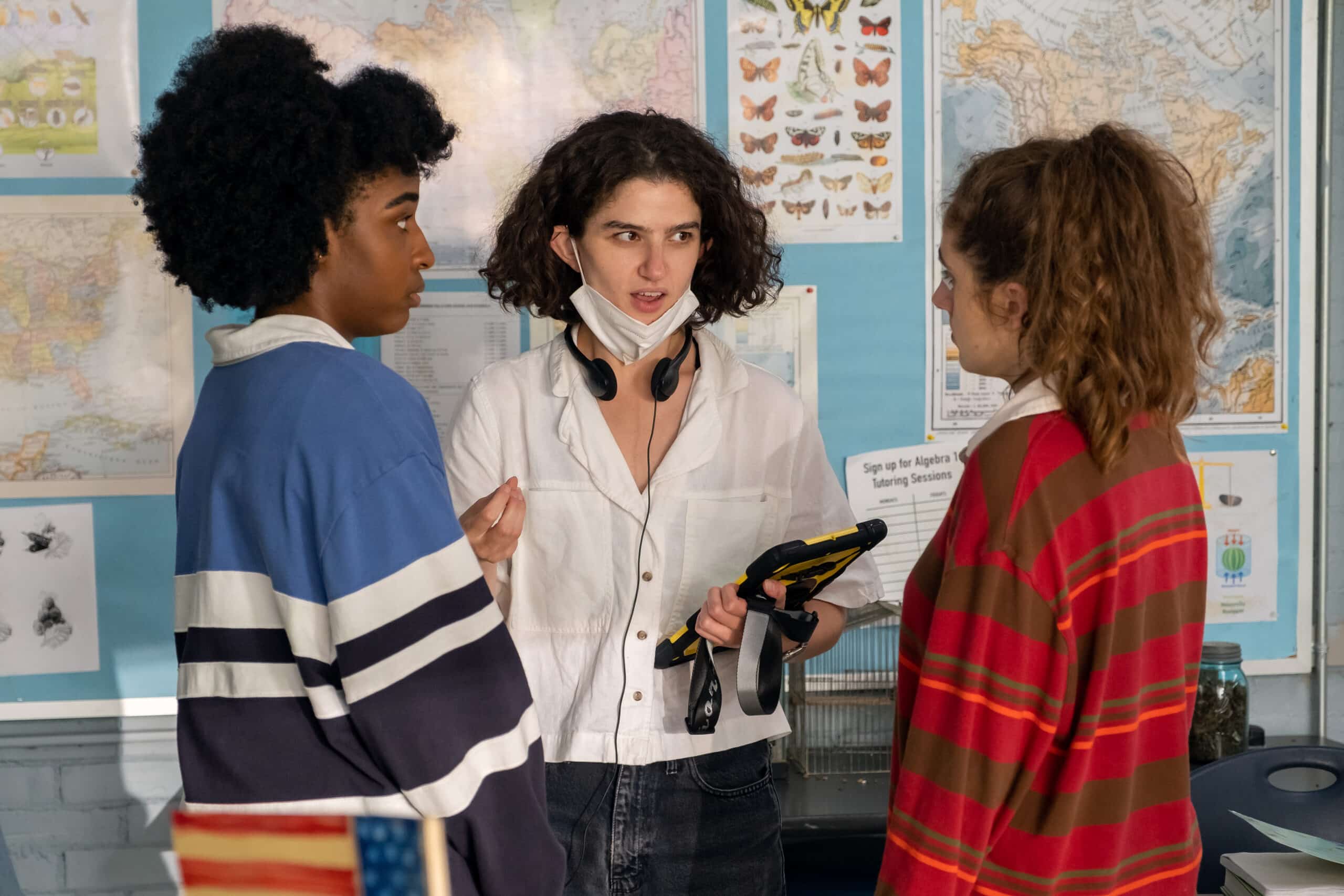
ClutchPoints: I don't think I've ever interviewed a stunt coordinator. So I'm curious about what that journey looks like — how'd you get first get involved in stunts?
Deven MacNair: Stunt coordinators are also stunt people. So you can't become a stunt coordinator unless you've done stunts, is probably the right way to say it.
I got my start through live-action shows, like, you know, Universal Studios, but, I was actually in Japan. So I did that for 2 years, and then I stumbled my way and found my way through with film. So, it's been a journey.
People ask me my worst injury and I have to say it's my feet from waitressing so many years [laughs], but I've been in stunts one way or another for well over 20 years.
CP: Since you're so well-versed in that side of the industry, what's something that people that are just casual moviegoers probably don't know or just don't appreciate about your line of work?
DM: In my line of work — and it's interesting because Bottoms is going to be the opposite — but in my line of work, hearing actors doing their own stunts, I always find interesting because there are times where I've been a part of movies where I myself as the stunt double haven't even done all my own stunts.
We have so many different units rolling at the same time. [They might be surprised to know] that there may be three different stunt doubles for one actor or one actress.
CP: Looking at your credits, you just have so many different projects you've done of big and small scale, but did any of your past credits prep you in any way for the unique film that Bottoms is?
DM: Yeah, probably my wrestling background because it's more gritty, you know?
These girls aren't supposed to be that well-versed [in fighting], so it was about teaching them, “Look, this is how to punch properly,” but, in the very first scene, don't look that good [laughs].
We [have] got to make it gritty; we [have] got to make it look a little ugly; [we have go to] make it awkward because, you're learning, you're not [an] expert yet because they [the cast] were getting to the expert level at the end of our rehearsals [smiles].
CP: You said you have a wrestling background — do you mean amateur wrestling or professional wrestling?
DM: Yeah, pro wrestling. I was an independent wrestler. I had my own name, Fire, and I was an independent wrestler from Mexico to Canada — I toured all over and then I also got to be a GLOW (Gorgeous Ladies of Wrestling) girl for just a hot minute [smiles]. That was a really fun journey.
CP: What's something about that industry that most people don't know?
DM: I would say the Netflix show, GLOW, is such a real representation of just how hard it is and how poor we are [laughs]. You're just trying to make it to the next gig and have enough gas — it's a good representation.
CP: You said that you joke that your worst injury was from waiting tables, but have you ever had any fight experiences off-camera like the ones in Bottoms?
DM: I did. [There was] one wrestling show that became a little too… real. There was some beef between the wrestlers and I found myself in the middle of it.
CP: Have you seen Heels?
DM: I got to work on Heels! I got to help audition the actors coming in. I love Heels is probably the right way to say it, and I was a part of it before it was ever even started filming.
CP: So outside of your own wrestling background, were there any films that you looked at heading into this project?
DM: Gosh… no. And the reason being, I didn't need to look at another film for— oh, she [Emma Seligman] had us look at a couple of films.
Gosh, darn it. I forgot about that. She referenced a few films, but our director, Emma, she wanted such precise moves and such precise scenes that I feel the only research I needed to do was to keep that narrative going for her.
CP: You mentioned earlier how the main girls in the film aren't trained fighters — they're high school kids and they've never really fought before. Even if they became experts by the end of rehearsals, were there any accidental punches that did land or kicks or anything like that?
DM: So that was my biggest fear. Because not only are they doing rehearsals, but then at night or during the day, they're also now going to be filming. All we need is one broken nose for real and we've got a problem with the film.
So, no — we kept a lot of distance, cause [the] camera can't see distance. We kept things pretty distant between everybody and kept it as safe as possible, but there's always room for error, right? So it was so stressful, but they all really did a great job.
And since we're done with the film, I don't have to knock on wood — it worked [laughs].
CP: I imagine that you then probably had to work really closely with the DP [Maria Rusche], right?
DM: Yeah, so Maria is our DP, and Emma worked very, very closely [with her] and they had specific moves [in mind that they] already wanted.
So what was really great is they gave me a map of what they wanted, and I went out with some stunt people and we recreated some scenes, making sure that this is what they wanted. They tweaked it a little, and then we now show our actresses the moves that we're going to be doing. That's kind of how the system worked.
CP: You talked about being nervous of a real punch or kick connecting — was there any specific sequence or day of the shoot that you remember that you were especially nervous for?
DM: You know, the rigging of the Tucker (Cameron Stout)-Hazel (Ruby Cruz) fight was probably my biggest concern with having our actress being yanked across the gym.
Ruby did a great job. She did a fantastic job taking it.
CP: I was curious about that sequence, because as a viewer, it was kind of shocking when it kind of happened. For you, I don't know how it came about, I don't know if you read the script and heard about it for the first time, or you were talking with the director and it came up, but what was your initial reaction to that sequence?
DM: I had to read it a couple times [laughs], and then I had multiple meetings with our director about that scene, and how violent — we went back and forth, especially the final kick — we wanted it [to be].
Emma wanted it [to be like] this could possibly kill her. And I'm like,”Okay, here we go. Then that's what we'll show you.”
So yeah, we worked that [out] together.
CP: And that kick, I would assume, was very difficult to kind of coordinate. It does cut away and you guys are framing it in a certain way, but I think I would have felt nervous if I was on set that day.
DM: Yeah, the one part I really love is the person that plays Tucker is a stuntman. We cast a stuntman to play that role, and so I felt very confident that he would keep her very safe — which is another reason we didn't need a double.
He kept her very safe — so that was wonderful.
CP: There is also the football field sequence at the end. There's just a lot of moving parts going on, so I'm curious from your perspective, how do you build a sequence like that?
DM: Not only was there a lot of moving parts, there was a lot of props. We've got swords, we've got helmets, God only knows what else we were dealing with. There was a lot of cuts. There was a lot of making sure we had the right continuity for these cuts.
We had a lot of rehearsals for it, to be fair. So we were really ready to go. They [the cast] had been rehearsing so much that they were excited to start filming.
Those were our last days on set, actually. The final day on set was the finale, but we did it for many weeks.
CP: Even if you're choreographing all of those moving parts and layers, prior to that, what does it look like planning that? Where do you start?
DM: Well, we had rehearsals [and] each girl was with another person. So a lot of those football players were also stunt guys, so we had them partner with these stunt guys and they worked out their fight. But once again, our director had specific punches and specific things — she really wanted that sword in there, that our mascot drops the sword — so we worked out all those scenes and then filmed them.
CP: I was reading about how much this film meant to you given that it's a female-led film both behind and in front of the camera. So I was wondering if you could talk a little bit more about that?
DM: I've been in stunts well over 20 years, and this is the first time that all the department heads were female — meaning the director, the DP, stunt coordinator, it's incredible. And then an all-female cast, and the fights are led by the girls. It meant a lot to me.
But at the same time, some of these girls are pretty new to the business and for them to not understand that having a female stunt coordinator [is rare, and] it's not even a big deal to them. On their first movie, meh, they had a female stunt coordinator. So it's been fun to be a part of the transition of how moving forward, this is going to look, you know?
CP: Did you feel an extra weight of responsibility given that you are some of the cast's first stunt coordinator?
DM: No, it felt really fun, cause for me, I had been in this business since the late '90s, and my very first time I've ever worked for a female stunt coordinator was 2019 — that's how rare it is.
And for then for me to have to explain to these women, “Hey, this is not that common that this happens this way.” And a couple of them are like, “Well, actually, it is common cause we're doing it right now.” I'm like, “Hey, let's make this normal. I like it [smiles].”
That was just interesting to be a part of.
CP: It's probably hard to recount all the things you've said to all the different actresses, but was there one specific piece of advice that maybe that really stuck with those young actresses?
DM: I gave one piece of advice and it didn't go over well. It was to all of them and I let them all know, like, “Look, don't trust me, trust yourself. If I tell you to do something and you don't want to do it, we need to talk, we need to have this [conversation], we need to figure out what you can do.” And they were just so funny, they were like, “Oh, so you don't trust yourself?”
[laughs] The communication was off and I just meant like, “No, I'm here to support you. I'm here to help you in any way possible. And if you don't want to do something, let's not do it. If you don't feel safe, make sure you're talking to me and letting me know that you don't want to do something.”
But they were so gung-ho — they were just awesome [smiles].
CP: So I assume that there weren't any scenes that the actresses came to you with reservations.
DM: I think everybody was nervous on the first day and then after the first day, seeing their progression, they all got over their nervousness and they realized they were all capable. I think there was trepidation of how this was gonna all work. And then I think they got confidence, I got confidence in them, and the result looks great.
Bottoms is in theaters now.

